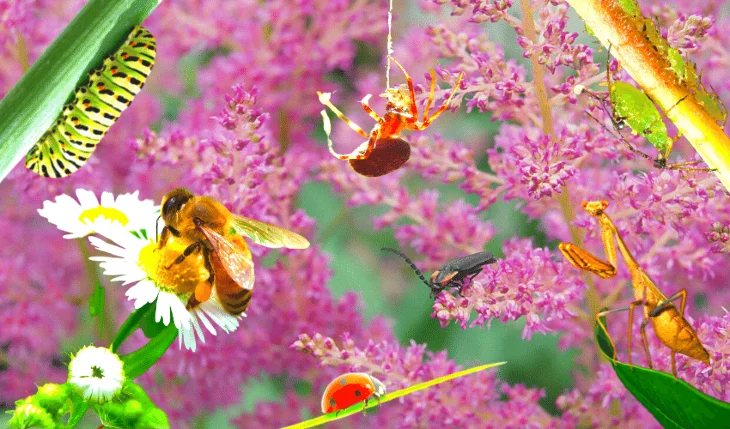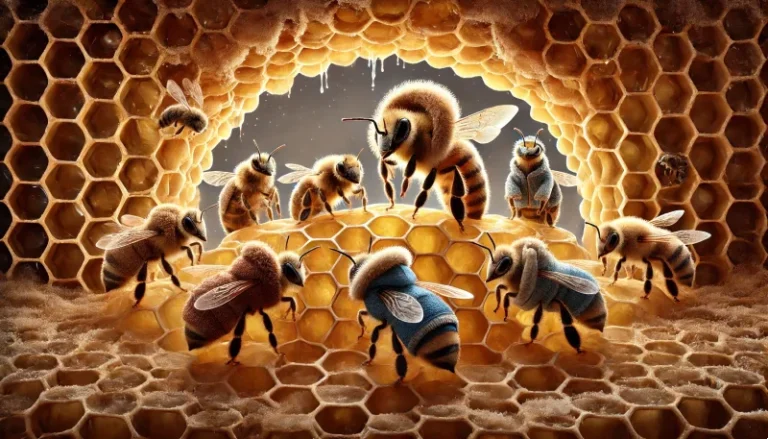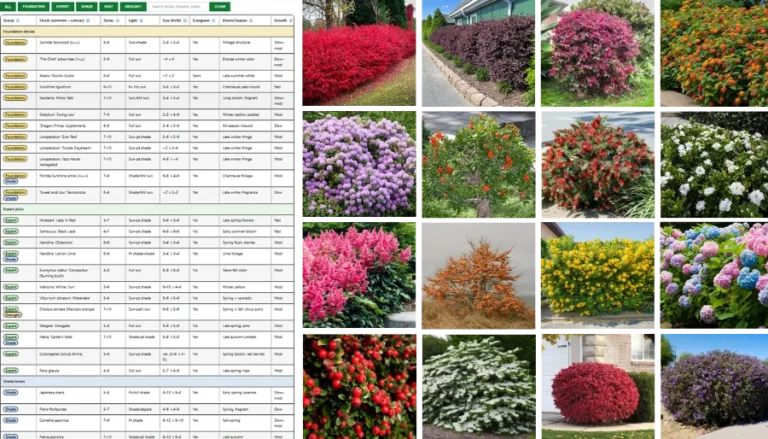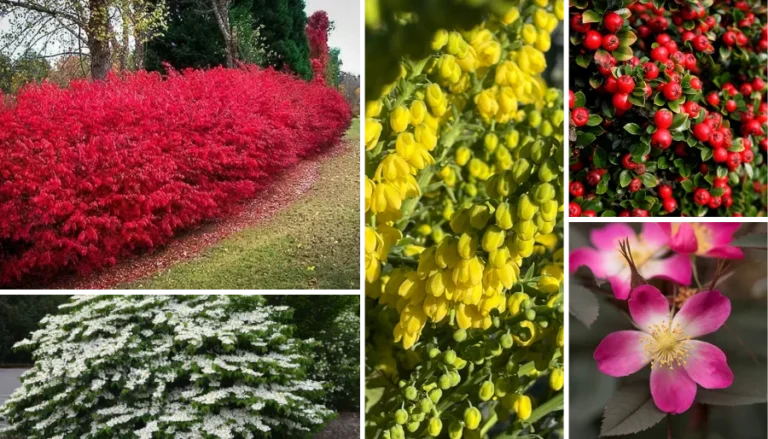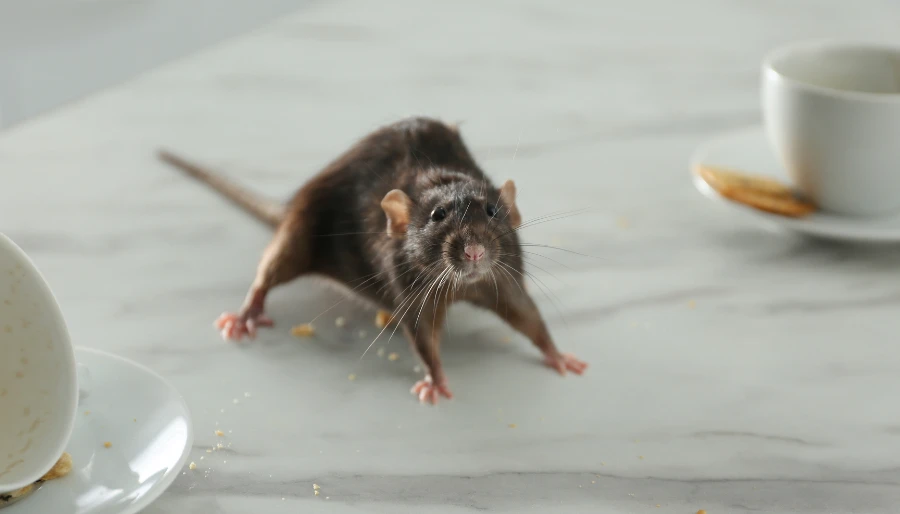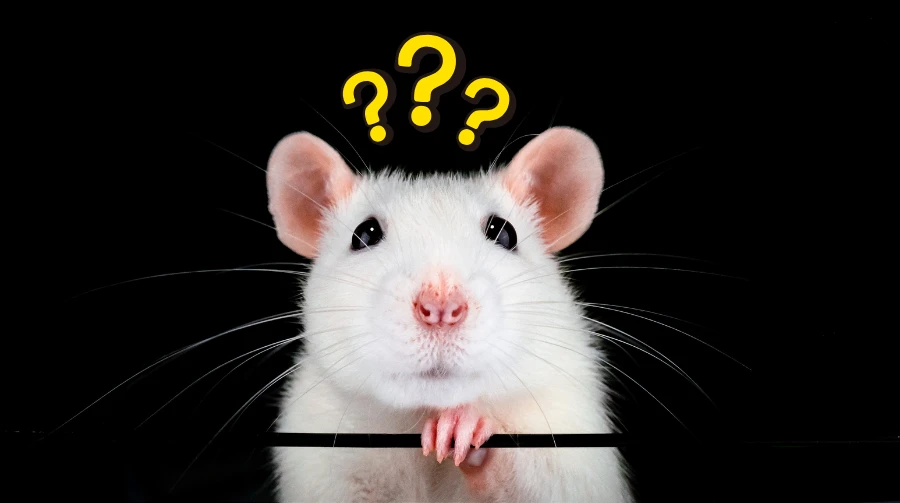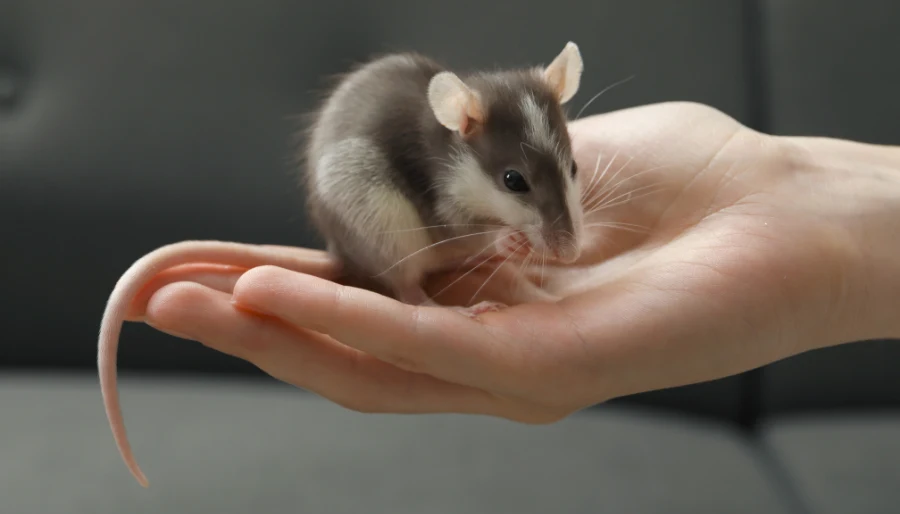We all enjoy attracting the beneficial insects that are pollinators, such as butterflies and bees, to our gardens, but did you know there are other beneficial insects that you should attract too?
There are two other types of insects you want in your garden; predatory insects, which hunt and eat harmful insects and parasitic insects, which use harmful insects as hosts to lay their eggs in for a food supply for the developing larvae.
I know, these types of bugs don’t sound as appealing as the pollinators, but they really play a very important role in the garden. Having these insects in your garden will help keep your vegetables free of harmful insects and also help you avoid having to use a chemical insecticide, which will harm the pollinators you want in your garden as well.
Use this guide to help you attract these beneficial insects and protect your vegetables from being destroyed by harmful insects.
How To Attract Beneficial Insects
The best way to attract beneficial insects to your garden is to plant a variety of plants together.
Planting vegetables, herbs and flowers together, attracts many beneficial insects that will protect your garden from pests. This type of planting is called Companion Planting.
Using this method will attract the beneficial insects, deters the harmful ones and encourages pollination. The herbs and flowers provide an alternative food sources for the beneficial insects, as in some species only the larvae eat the harmful insects where the adults eat pollen and nectar.
Be sure to plant some early blooming herbs and flowers as well as some later blooming ones to provide the beneficial insects a food source all season.
It’s important to provide a few things to make your garden more inviting to the beneficial insects; a water source and mulch around the plants. The best water source to use is a shallow saucer or the bottom of a planter.
You will want to place some rocks or pebbles along the bottom of the container (to prevent the insects from drowning).
And place the container in an easy-to-reach area in the garden. Clean and refill regularly.
Using mulch around your plants will provide shelter for the ground dwelling insects. It’s also critical that you don’t use any chemical pesticides in your garden, these will kill the beneficial insects as well as the pollinators.
Besides, with these beneficial insects working for you, you won’t need harmful chemicals.
These insects really don’t require a lot to bring them to your garden, but doing the few things they do need are worth it to have them provide a natural pest control for you
The Beneficial Insects
The three categories of beneficial insects are:
-
- Pollinators: Bees, Butterflies, Flies, Moths
- Predators: Lady Bugs, Praying Mantis, Green Lacewing, etc.
- Parasitizers: Parasitic Wasps
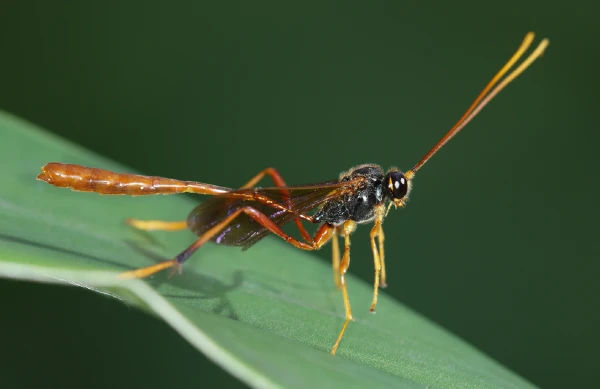
Parasitic wasp
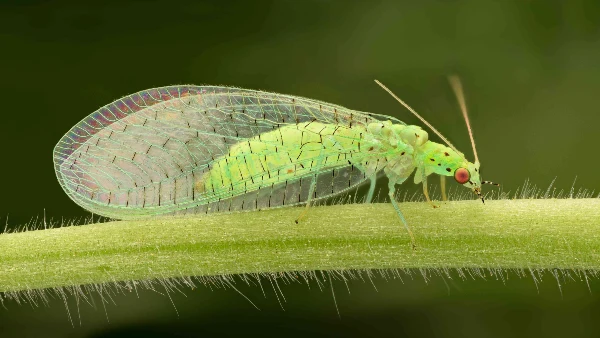
Green Lacewing
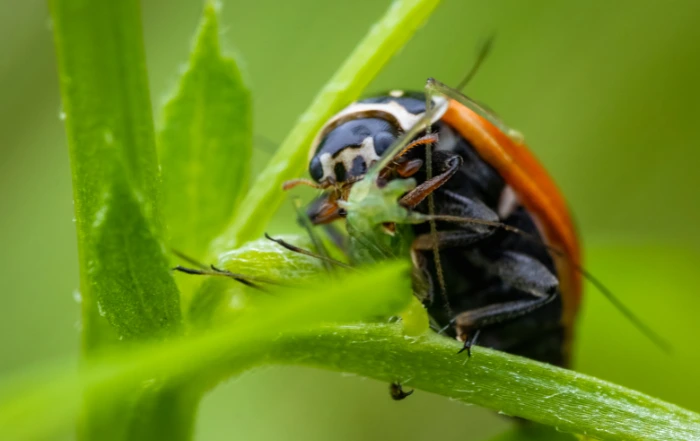
Ladybug
Each type of beneficial insects will help protect many types of vegetable plants, so you will want to attract some of them all to give your garden the best protection.
A list of beneficial bugs and their preferred foods and the plants that will attract them most is provided below.
More To Discover
You can get a little head start on your garden army by purchasing them at a garden center or online source.
Not all types are available to purchase, but even having a few is a good way to get ahead of the harmful pests while your new garden adjustments attracts other beneficial insects.
List of Beneficial Insects, What Bugs They Eat and The Plants That Attract Them
-
- Lady Bug – Aphids, Caterpillars, Mealy worms, Leaf hoppers, Mites, Moth eggs. Ladybugs prefer dill and fennel plants.
- Green Lacewing – Mealy bugs, Scale bugs, Aphids, Caterpillars. You can’t go wrong if you plant dill, coriander and/or yarrow.
- Praying Mantis – Grasshoppers, Moths, Beetles, Flies, Leaf hoppers, Crickets, Aphids. The mantis prefer tall grasses, shrubs, dill and marigolds.
- Spiders (Jumping Spiders, Wolf Spiders) – Consumes a wide variety of pesky insects. Arachnids love tall plants to build webs.
- Ground Beetles – Caterpillars, Thrips, Weevils, Slues, Silver Fish. Any perennial flowers will attract ground beetles.
- Soldier Beetles – Caterpillars, Beetles, Aphids. Golden rod, zinnias and marigolds will entice these helpful beetles.
- Assassin Bugs – Flies, Beetles, Mosquitoes, Caterpillars, Leaf Hoppers. These bugs prefer daisies, dill, fennel and marigolds.
- Hover Flies – Aphids, Caterpillars, Beetles, Thrips. These flies enjoy yarrow and dill.
- Brachonid Wasps – Tomato Horn worms, Caterpillars (the adults lay eggs in the caterpillar and the larvae eat them). These beneficial wasps enjoy dill, parsley, and wild carrot.
- Trichogramma Wasps – Green Stinkbugs, Corn Borers, Gypsy Moth caterpillars, Grasshoppers, Japanese Beetles (adults lay eggs in host and larvae eat them). They love yarrow, dill and caraway.
- Tachind Fly – Gypsy Moth Caterpillars, Japanese Beetles, Cabbage Loopers, Cut Worms, Saw Flies, Tent Caterpillars, Squash Bugs. Plant dill, parsley and clover to attract these insects.
- Damsel Bugs – Caterpillars, Mites, Aphids, Cabbage Worms. These insects love spearmint, caraway and fennel.
- Beneficial Nematodes (not an insect but a great asset) – Weevils, Japanese Beetles, Fleas, Fungus Gnats. Purchase these from the garden center and place in your garden. They live in the soil.
Plants That Attract Beneficial Insects
-
- Daisies
- Marigolds
- Clover
- Queen Anne’s Lace
- Asters
- Cosmos
- Dahlias
- Verbena
- Wisteria
- Zinnias
- Caraway
- Dill
- Coriander
- Parsley
- Lemon Balm
- Sage
- Yarrow
- Golden Rod
- Celery
- Green Beans
- Chick Peas
- Broccoli
- Cauliflower
- Cabbage
- Collard Greens
- Fennel
- Lentils
- Tamarind
- Arugula
- Water Cress
- Rocket
- Turnips
- Kohlrabi







